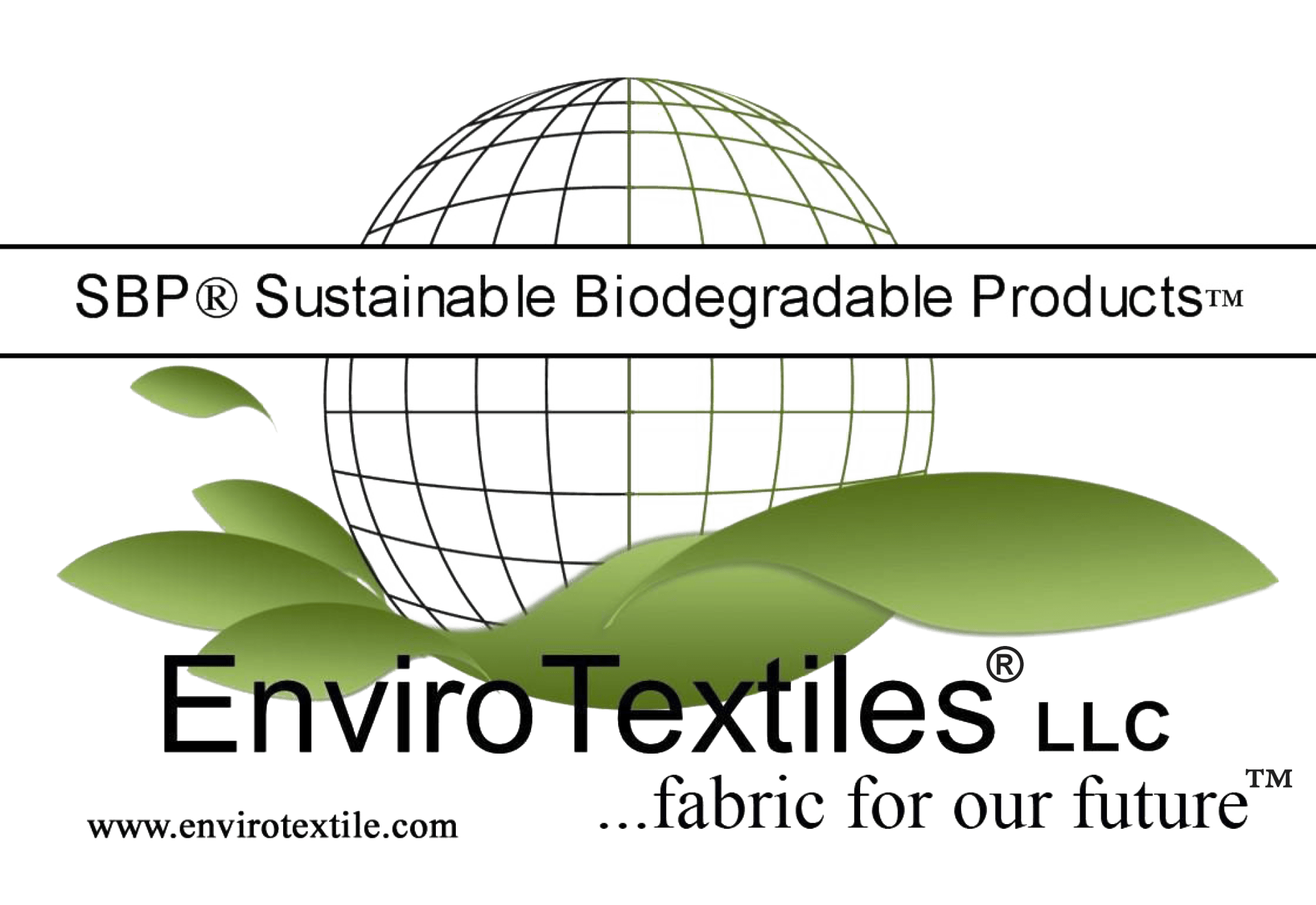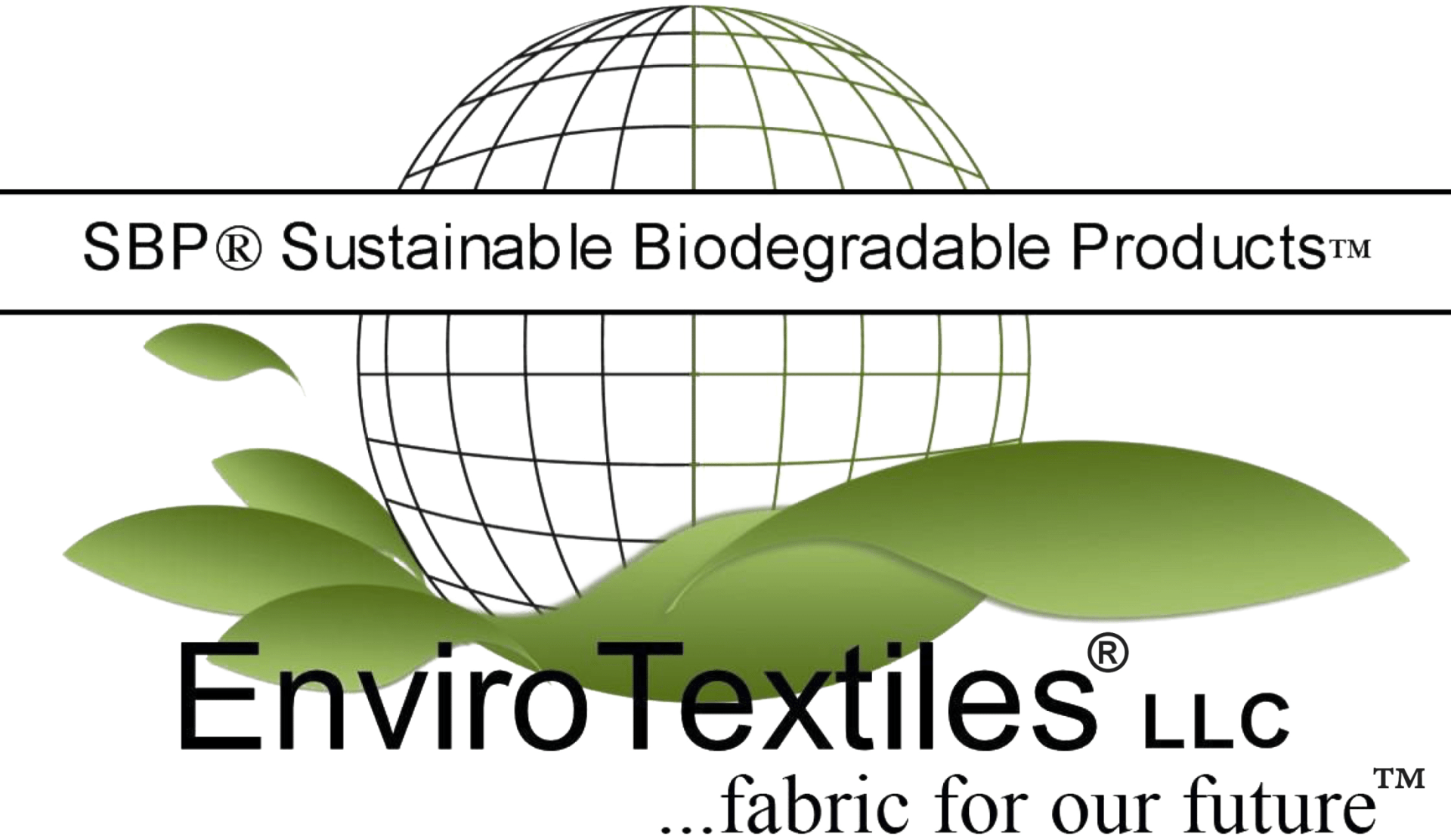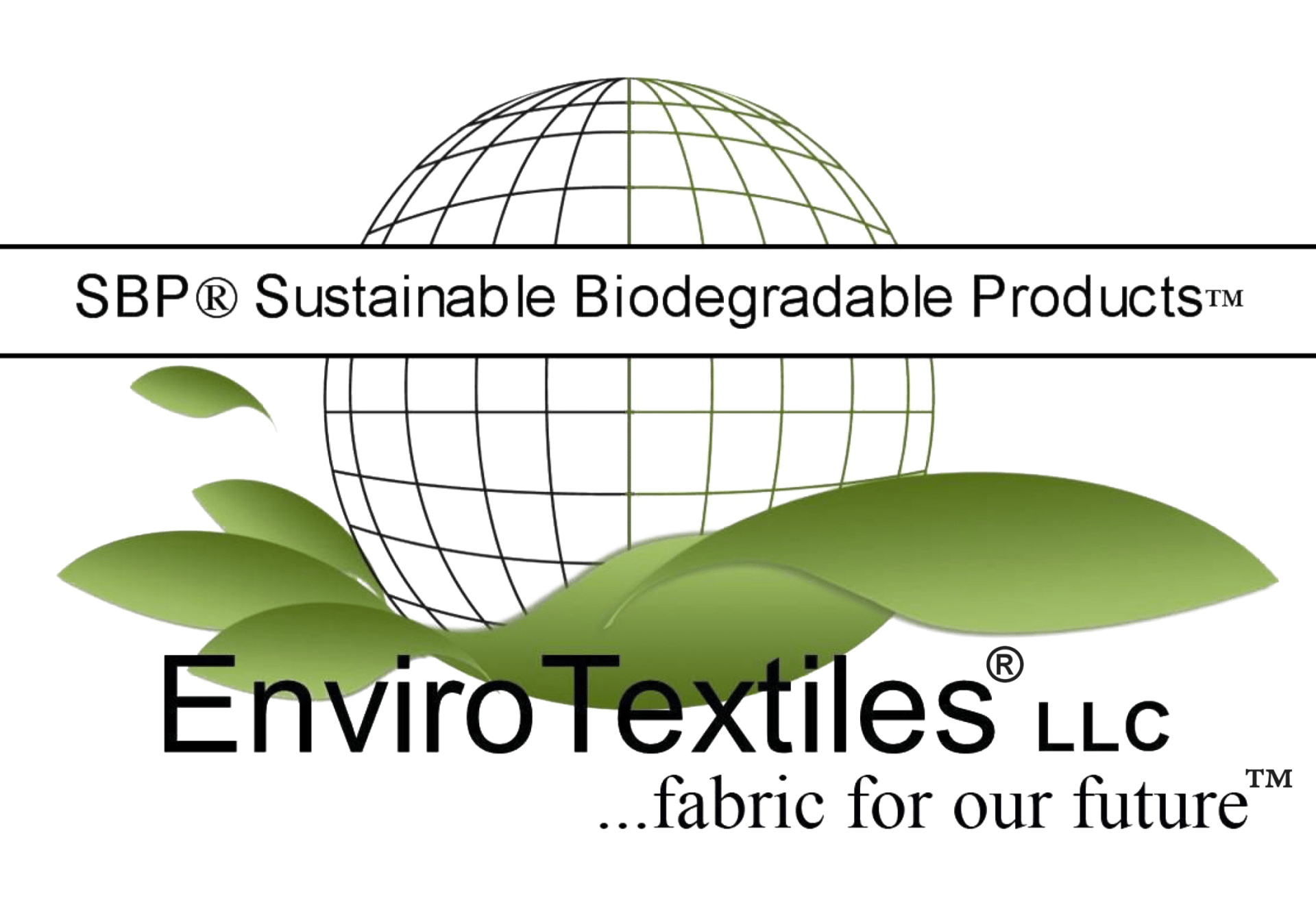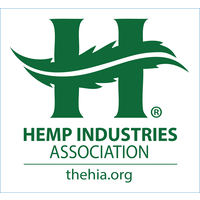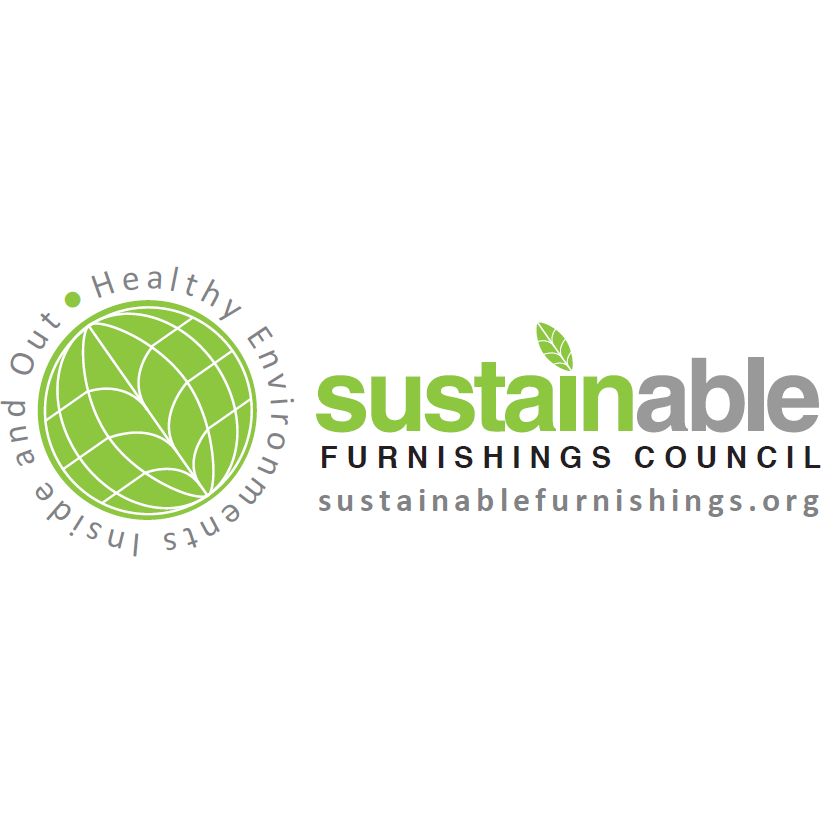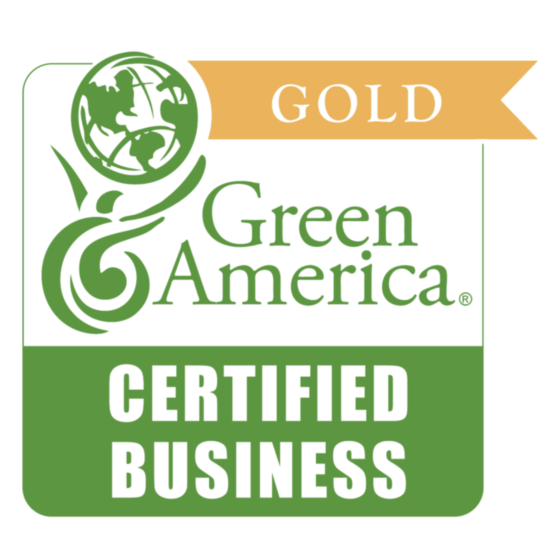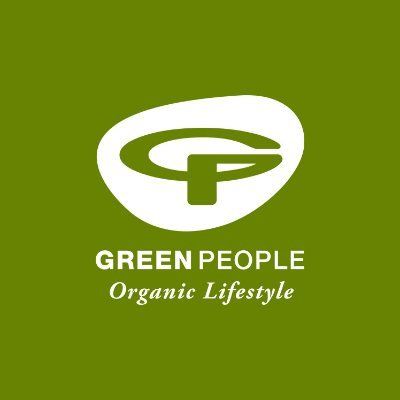Lab Testing Reveals EnviroTextile’s Hemp Fabric Stops the Spread of Staph Bacteria
May 20, 2021
Hemp Marches Towards Military and Health Care Applications
Rampant staph infections continue to cost lives unnecessarily. One powerful weapon to fight this scourge is being successfully deployed by China’s military: industrial hemp. Staph is spread by direct contact and by touching items that are contaminated such as towels, sheets, privacy curtains, and clothing. As noted by the San Francisco Chronicle, “It is estimated that each year 2 million Americans become infected during hospital stays, and at least 90,000 of them die. MRSA (an antibiotic resistant strain of staph) is a leading cause of hospital-borne infections.” One of the most important recent discoveries is hemp’s ability to kill surface bacteria, while cotton, polyester, and polyethylene allow it to remain on their surfaces for up to months at a time.
Unknown to many, hemp fabrics exist in today’s market that can replace each of these transmission prone hospital items. Technological improvements for hemp textile development began in the early 90s when EnviroTextile’s lead textile engineer, Barbara Filippone, began working with hemp in China. To date, the company has over 100 hemp and hemp blended fabrics available to suit any traditional fabric application. In addition to staph resistance, other tests show hemp fabrics superior resistance to UV and infrared wavelengths, providing multiple applications for military use.
Hemp fabric was tested against two bacteria strains, Staphylococcus Aureus (staph) and Klebsiella Pneumoniae (pneumonia). The fabric tested was a hemp blend, 60% hemp and 40% rayon. The staph test sample was already 98.5% bacteria free during the first measurement of the testing, while the pneumonia fabric sample was 65.1% bacteria free. These results, even prior to the tests completion, clearly display the fabrics unique capability at killing bacteria and reducing their spread. This is especially imperative for healthcare facilities.
For infrared testing, the same hemp blend was analyzed resulting in a test result of 0.893, or nearly 90% resistant. Different blended fabrics have the potential to increase the percentage of this initial test, especially fabrics with a higher percentage of hemp. Many of hemp’s applications will benefit our military, and EnviroTextile’s hemp fabrics have recently been approved by the USDA as Federally Preferred for Procurement under their BioPreferred Program.
Thirty one states have introduced pro-hemp legislation and 19 have passed pro-hemp legislation. The potential for military and national adoption of hemp appears to be moving forward expeditiously considering a decade’s long ban. As science continues to “rediscover” the benefits of hemp for society, the solution is emerging from the fog of prohibition. Hemp is no longer an ancient fiber and it is well on its way to be the future of fabric.
EnviroTextiles is woman-owned industrial hemp and natural fiber manufacturing company with their headquarters in Glenwood Springs, CO, and is the largest manufacturer/importer of hemp and natural fiber textiles and products in the United States. EnviroTextiles proudly sells their products in the U.S. and to over 70 countries worldwide. The company presently has their presence in the US, China, and Mexico, and focuses on natural fiber resources and economic development in regions with commodity levels of various natural fibers.
References:
Survival of Enterococci and Staphylococci on Hospital Fabrics and Plastic – http://www.ncbi.nlm.nih.gov/pmc/articles/PMC86187/
San Francisco Chronicle, “HEALTH / High staph infection rates in hospitals stun public health officials / New study reports lethal drug-resistant bacteria widespread” – http://www.sfgate.com/health/article/HEALTH-High-staph-infection-rates-in-hospitals-2554708.php
VoteHemp.com featured our very own Summer Star Haeske, who has not only worked with MTV on Pimp My Ride, but world-reknowned designers Versace, Calvin Klein and Donna Karan. From VoteHemp.com: HIA Board Member Summer Haeske currently serves as the National Sales Manager of EnviroTextiles, LLC, a family-owned company based in Glenwood Springs, Colorado, which imports and distributes hemp and hemp blend yarns, fabrics and finished textile goods. Haeske began working with Barbara Filippone when Filippone started EnviroTextiles back in 2001. Filippone is recognized as a pioneer in the business of hemp textiles. Filippone re-opened the Western textile market to Romanian hemp back in the early 1990s, followed by Chinese hemp after 1996. At this time, Haeske helped create Earth Goods, one of the first hemp apparel lines. Now in her eighth year at EnviroTextiles, Haeske possesses a full understanding of how to design and inspect fabrics, as well as how to pattern, grade and finish products. Together, Haeske and Filippone grew the company to $1 million in sales in 2006. Not only does Haeske manage sales, but she also organizes fashion shows for events that EnviroTextiles has sponsored, including the first sustainable business conference at the Fashion Institute in New York City in 2007. One of Haeske’s favorite projects was for MTV’s “Pimp My Ride” show, which featured the Earth Day car upholstered in sustainable hemp fabrics provided by EnviroTextiles. This past January, Haeske worked with top designers Versace, Calvin Klein and Donna Karan, each of whom incorporated EnviroTextiles’ fabrics into their designs featured at the 2008 Earth Pledge event during New York’s Fashion Week “Future of Fashion.” The designs were also showcased at Barney’s 5th Avenue for the month of February.
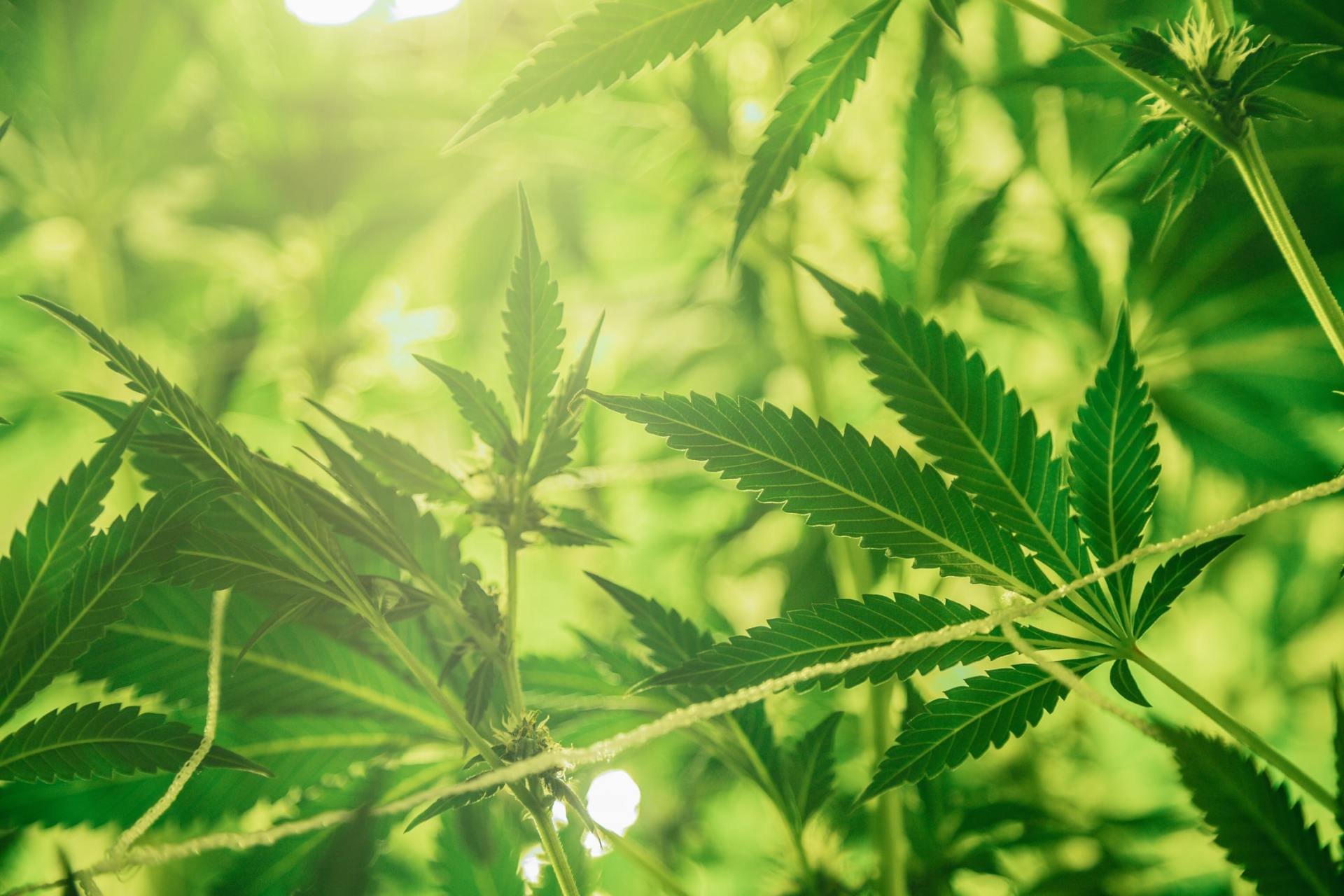
From The Economist print edition: Sprouting soon in North Dakota “PLANS are afoot for a great expansion of the hemp industry.” So proclaimed the Department of Agriculture in its rousing 1942 movie, “Hemp for Victory”, which urged farmers to rally to the cause: “Hemp for mooring ships! Hemp for tow lines! Hemp for tackle and gear!” The plant’s long, strong fibres twist easily into rope, which made it useful for parachute webbing. The war effort was imperilled when Japan’s seizure of the Philippines curtailed America’s supply. But despite the enthusiasm of wartime planners, hemp never took root (as it were). Taxes and regulations, introduced in 1937 but minimally enforced during the war, kicked in again during the 1950s. Hemp is a variety of the cannabis plant, which also produces marijuana-though industrial hemp has a much smaller concentration of the mind-blowing compound, THC, than the smokable stuff. America’s puritans, not to mention nylon-makers, wanted production shut down. Nowadays farmers are banned from growing hemp without a permit from the Drug Enforcement Administration (DEA), which usually refuses to grant one. So many hemp products in America-food, lotions, clothing, paper and so forth-are imported from China or Canada, where farmers have been allowed to grow hemp commercially since 1998. Could hemp make a comeback? America’s greens have fallen for the stuff, and not just because plenty like the occasional puff. Hemp grows so easily that few pesticides or even fertilisers are needed. “Feral” hemp is said to grow by the roadside in Iowa and Nebraska. Barbara Filippone, owner of a hemp fabric company called Enviro Textiles, says demand has rocketed-sales are growing by 35% a year. Nutiva, a California-based hemp company that sells hemp bars, shakes and oils, saw sales rise from under $1m three years ago to $4.5m last year. “Hemp is the next soy,” predicts John Roulac, Nutiva’s founder. American farmers would love to grow hemp. North Dakota, which in 1999 became the first state to allow industrial hemp farming, has taken the lead. This week two farmers from the state filed a lawsuit to force the DEA to issue permits to grow hemp; the farmers had applied for permits back in February, thus far to no avail. Ron Paul, a Texas congressman and presidential candidate, could win over farmers in Iowa because of his pro-hemp lobbying. In February he introduced a bill in Congress that would allow Americans to grow it. If hemp grows so easily, what about using the crop as a biofuel? A Mercedes-Benz “hemp car” did make its way across America six years ago. (Among other uses in cars, “Pimp My Ride”, an MTV show, featured a 1965 Chevy Impala that runs on biodiesel and has hemp upholstery.) Perhaps this is just the niche for Willie Nelson. He already has his own biodiesel line, called BioWillie, and is not unfamiliar with other uses of the cannabis plant.
The Flying Cloud Eco-Discovery Tour published this article after stopping to tour our facilities. Envirotextiles in Glenwood Springs, CO, is a pioneer in the development of hemp and hemp blend textiles. We were fortunate enough to spend several days with them recently and not only had a chance to learn more about their business, they shared a bit of their philosophy with us as well. Spearheaded by their tireless and charismatic founder Barbara Fillipone, they are leading by example the efforts to improve corporate responsibility and transparency in manufacturing processes and labeling. Her daughter Summer, through her work with the Hemp Industry Association, in addition to running the day to day operations, directs their efforts to help legalize industrial hemp production in the U. S. Working out of an old log church which they have lovingly rescued from a state of disrepair, Barbara, Summer, and their dedicated staff, designs, imports, and distributes a beautiful array of hemp and hemp blend textiles to manufacturers here and abroad. Barbara’s expertise in all aspects of the textile trade, and her dedication to sustainable manufacturing practices is reflected in the company’s products and culture. Barbara splits her time between their operations in Glenwood Springs and their manufacturing partners overseas. Her “hands-on” approach to every aspect of their business, from the raw materials to the social equity and manufacturing transparency policies of their suppliers insures both the quality of their goods and the quality of life of their suppliers’ work force. When we arrived, Barbara had just returned from Mexico where she is working on a variety of projects to benefit the locals many of whom work on her products, often at her own expense. Her passion for her products and the people that help make them is inspiring. There are so many stories that can be told about both Barbara and the company she leads, that it is hard to know where to begin. What started out as a one day visit, soon turned into several very enjoyable days trying to absorb all the projects they are involved with. It also helped lead us to our next stop, but that’s another story! To learn more about Envirotextiles visit our blog at: www.ecodiscoverytour.blogspot.com
Filippone and daughter bring hemp back from the era of our forefathers to modern day. Glenwood Springs, CO, 29 June 2012 —EnviroTextiles LLC (ET), a woman- owned business, is credited with developing, importing and selling hemp fabric for scarves sold by the Obama 2012 Campaign. The scarves are a fundraising item for sale on www.BarackObama.com and were designed by one of the first lady’s personal designers, Monique Péan. Barbara Filippone and daughter Summer Star Haeske of EnviroTextiles, provided the Obama Campaign and designer Monique Péan with the special fabric. The $95 eco scarf is made of 55% sustainable hemp and 45% certified organic cotton, a soft and lightweight flowing jersey knit. Monique Péan designed and organized the printing, and each scarf was cut and sewn in the USA! Filippone, who arrived from China yesterday, was elated to hear the President’s election campaign website marketing the scarf. “This is wonderful news!” she proclaimed, “The President can now educate the special interest lobbyist of America’s original industrial hemp policy. If I could make American made hemp fabrics and bring back more U.S. manufacturing, I will have completed my life’s work!” Every day, more and more Americans discover the benefits of hemp. This ever-expanding market includes more products to be made from a single plant then ever documented. But despite hemp’s growing popularity, an outdated and misguided federal policy – created in the 1930’s – currently prevents U.S. farmers from growing this nutritious, versatile, and eco-friendly crop. “It is time for federal policy on industrial hemp to reflect today’s reality and to enable a bountiful plant like hemp to be grown domestically for the benefit of families and farmers, the economy, and for the ecology of the planet. Hemp is not marijuana. It is a close cousin (variety of cannabis) but there are no psychoactive properties in the industrial versions; no different than the controversy around poppy seeds.” adds Filippone. ABOUT ENVIROTEXTILES – EnviroTextiles is a pioneer in the development of hemp and hemp blend textiles as well as other natural fiber products, and is the industry leader in the efforts to improve corporate responsibility and transparency in manufacturing processes and labeling. Filippone is considered a leading developer in hemp textiles and numerous other natural fiber products. Barbara Filippone was the first person to work directly with the Chinese starting in 1994 to design and standardize hemp- based fabrics and was the first importer of Chinese hemp and organic blends. Donna Karan, Ralph Lauren, Yves Saint Laurent, Versace, Calvin Klein, Derek Lam and even Volkswagen, MTV, and Hollywood production studios source their hemp textiles from Colorado- based EnviroTextiles. EnviroTextiles provided sustainable products to over 65 countries in 2011, all out of their US facility.
“Make the most of the hemp seed. Sow it everywhere.” George Washington, 1794 Rejoice Colorado farmers! Colorado Amendment 64 passed, allowing for the cultivation of industrial hemp. Most of the current buzz about the amendment is about legalizing marijuana for recreational purposes in the state. What has not made the national headlines is that Amendment 64 also included legalizing industrial hemp. Some key excerpts from Amendment 64 concerning hemp: In the interest of enacting rational policies for the treatment of all variations of the cannabis plant, the people of Colorado further find and declare that industrial hemp should be regulated separately from strains of cannabis with higher Delta-9 Tetrahydrocannabinol (THC) concentrations. “Industrial Hemp” means the plant of the genus cannabis and any part of such plant, whether growing or not, with a Delta-9 Tetrahydrocannabinol concentration that does not exceed three-tenths percent on a dry weight basis. “Marijuana” or “Marihuana” does not include Industrial Hemp, nor does it include fiber produced from the stalks, oil, or cake made from the seeds of the plant, sterilized seed of the plant which is capable of germination, or the weight of any other ingredient combined with marijuana to prepare topical or oral administrations, food, drink, or other product. No later than July 1, 2014, the general assembly shall enact legislation governing the cultivation, processing and sale of Industrial Hemp. Hemp is truly a wonder plant. There are over 25,000 confirmed uses for industrial hemp that include clothing, paper, plastic alternatives, building materials, and much more. Most products made from plastic, wood, or cotton can be made with hemp. What does this mean for Colorado farmers? For starters, hemp requires very little water and no pesticides and herbicides. With drought conditions in the state, hemp is the most viable cash crop to plant under these conditions. In addition to ease of growing, one acre of hemp can provide the same amount of fiber as 4 acres of cotton. While hemp cultivation has been outlawed in the US, manufacturers of hemp products in the US have been thriving in recent years. Given the difficulty of importing raw hemp for manufacturing, our farmers already have immediate demand for their new crops in existing and expanding domestic markets. Simply put, farming industrial hemp will provide the US with manufacturing jobs, expand green initiatives, and provide our struggling agriculture industry with a cash crop that can be grown across the country. EnviroTextiles is a pioneer in the Industrial Hemp industry, having overseen hemp cultivation and textile manufacturing in Romania, China, South Korea, Hungary, and Poland over the past 22 years. Conveniently located in Colorado, EnviroTextiles is poised to take full advantage of the ability to grow industrial hemp and is currently completing a vertical operation to produce hemp products in Colorado. UPCOMING EVENTS: November 10-11th: San Francisco Green Festival. November 12th: Hemp Industry Association (HIA) Annual Conference in San Francisco Media Contact: Summer Star Haeske EnviroTextiles, LLC Phone: (970) 945-5986 Fax: (970) 945-4456 summer@envirotextile.com https://www.envirotextile.com
Get involved today! If you would like to contribute to the goody bags or help with various looks to the fashion show please contact Summer Star at summer@envirotextile.com or call at (970) 956-5986. The show will be on January 24th from 9pm to 2am. January 3rd, 2012 Aspen, Colorado FOR IMMEDIATE RELEASE EnviroTextiles to host trendsetting hemp fashion show at Winter X Games Launch Party “Hempalicious” fashion show featured with legendary hiphop artists on Aspen Mountain Sundeck Summer Star Haeske of EnviroTextiles is the producer and creator of Hempalicious, a cutting edge hemp fashion show featuring the hottest fashions. The fashion show will be the opening act of Pre-X, known as “The Hottest X-Games Party in Aspen”. The party will feature six performances by legendary hip hop icons and Colorado’s favorite electronic music performers. Performers include Twista, GriZ, Spice 1, Java Star, Devin the Dude, and Coughee Brothaz. X Games and the city of Aspen have a history of supporting sustainable products such as hemp clothing and finished products created by hemp. X Games hemp tote bags and Aspen employees hemp t-shirts have been provided by EnviroTextiles in previous years. The goal of Hempalicious is to educate concert goers on the versatility of hemp as a solution for sustainable and superior clothing. Summer Star, a veteran of hemp fashion shows, has produced over 30 hemp fashion shows across the country in the past decade. Summer Star is an active board member of the Hemp Industry Association and promoter for Hemp History Week. Discussing the upcoming fashion show, Summer Star said “There are no limits to fashion or functionality when making the decsicion to “Go Hemp”! You only gain quality, health and sustainability. Don’t forget one person can change the world and everything we do makes a difference.” EnviroTextiles, located in Glenwood Springs, Colorado, is a pioneer in sustainable textiles, specializing in hemp fabric and a variety of organic fibers. They currently provide wholesale hemp fabric, yarns, and finished products which are all sustainable textiles to over 70 countries around the world. Orders ship from our central location in Colorado to your destination within the U.S., Canada, and abroad. For more information: For Pre-X showtimes, and tickets contact: Jayson Vezzeso Plug’d Entertainment www.plugdentertainment.com Email: jayson@plugedentertainment.com Phone: (970) 379-8393 For more information on Hempalicious or EnviroTextiles contact: Summer Star Haeske EnviroTextiles www.envirotextile.com Email: summer@envirotextile.com Phone: (970) 945-5896
February 27, 2013 Glenwood Springs, CO FOR IMMEDIATE RELEASE EnviroTextiles, LLC, a Colorado based Industrial hemp and natural fiber manufacturer, is pleased to announce that it has earned approval from the USDA BioPreferred® Program as the only Hemp products manufacturer to qualify for listing their products in the Federal Procurement Preferred category. To quote the USDA’s website: “The purpose of the USDA BioPreferred® program is to promote the increased purchase and use of biobased products. The program is expected to promote economic development, creating new jobs and providing new markets for farm commodities.” Barbara Filippone, President of EnviroTextiles, LLC believes, “The addition of hemp to aU.S.approved government program is a historic achievement for biodiverse agriculture, and is blazing the path to legalizing the growth of industrial hemp in theUnited States. Legalization would provide our farmers with a drought resistant, pesticide-free, multi-purpose, and value-added crop. Hemp has over 25,000 uses including variations of Food, Fuel, Feed, and Fiber.” “While critics fear that hemp will have little economic impact, the reality is clear. With investment in farming, manufacturing, and jobs training, the US could experience a large resurgence in virtually all industries – farming, manufacturing, and export to name a few. The reach of the industrial hemp industry has incredible potential, with the ability to introduce new raw materials that are already successfully used for wide ranging products across the world. Industrial hemp would open up new markets and expand existing markets while leaving a very small carbon footprint. “ “It should be noted that theUSis one of the world’s largest consumers of hemp derived products. However, we are unable to grow hemp locally and in all States until legislation currently under way is passed. The question is not if industrial hemp will have a positive impact in theU.S.- the question is will we see the opportunity to grow and develop this commodity within our own borders.“ EnviroTextiles is a woman-owned industrial hemp and natural fiber manufacturing company based in Glenwood Springs, CO, and is the largest importer of hemp textiles in the U.S. Barbara Filippone, founder and president of EnviroTextiles, has created thousands of jobs across the globe in her 37 years of developments surrounding natural fiber production. She has developed industry inIndia,Hungary,Poland,Romania,Mexico,South Korea, andChina, withChinapresently providing hemp to EnviroTextiles for their products. Being a leading expert in processing and economic development, EnviroTextiles proudly sells their products in theU.S.and to over 70 countries worldwide. EnviroTextiles presently has offices in theU.S.,China, andMexico, and focuses on natural fiber products and economic development in regions with commodity levels of various natural fibers. “Being one of the first companies to be USDA Bio-Preferred qualified and having Federal Procurement Preferred status, EnviroTextiles is leading the way for investment in bio-diversity, non-GMO farming, and job creation.”, Filippone stated. Please also note, EnviroTextiles is excited to announce we celebrated our 12th year in business on February 15th, 2013. Thanks to all that have supported us over the years! For more information please visit: http://www.biopreferred.gov/ https://www.envirotextile.com/ http://www.votehemp.org Senate Bill 359 – Excluding industrial hemp from the Controlled Substances Act: http://www.govtrack.us/congress/bills/113/s359 For more information on EnviroTextiles contact: info@envirotextile.com Phone: (970) 945-5986
FOR IMMEDIATE RELEASE Glenwood Springs, CO May 8, 2013 While traveling to Shanghai, Barbara Filippone, owner and founder of EnviroTextiles, ran across an odd advertisement as she passed through customs. The ad implied that corn will compete with cotton for investment, and depicted an ear of corn in a green sweater. As an advocate for natural fibers and non-GMO agriculture, Ms. Filippone began to assemble the message behind the ad. Corn used to produce fabric for clothing has been around for several years, with Naturework’s Ingeo fabric leading the pack; however corn fabric has still not been able to take hold in the apparel marketplace. Using a plant based fabric for clothing sounds like a great idea right? We grow tons of corn in the US and the resulting fabric should be “natural” we would assume. Let’s slow down here for a second. What is Ingeo and who is its creator, Cargill Dow? They must be sustainable companies focused on improving health and the environment right? Nope. Cargill doesn’t get as much press as its partner in crime, Monsanto, but their coalition to control the world’s food supply is very real. As GreenAmerica.org notes, “Cargill has tried to “green” its image with NatureWorks PLA, a biodegradable synthetic material that uses a corn base instead of petroleum, but Cargill does not publicize the fact that the corn used to produce NatureWorks PLA is genetically modified.” As it turns out, Natureworks and Ingeo are both part of a campaign to make Cargill look environmentally and socially responsible in an attempt to shield their true purpose, to commercialize photosynthesis. Cargill’s CEO, Gregory Page stated in 2011, “Cargill is engaged in the commercialization of photosynthesis. That is the root of what we do.” Commercialize photosynthesis? What could possibly go wrong? The case for corn fabrics is simple; it is not natural in any form or function. The corn itself is genetically modified corn, Monsanto’s greatest “achievement”. Once the corn is harvested, it must undergo extreme chemical processing in order to become fiber for the fabric using many of the worst chemicals known on earth! The process of making viscose (synthetic fiber) is so damaging to the environment that its production is in decline, at least as long as we can keep this “natural” corn fabric out of the apparel industry. Corn fabric is not the only concerning development in the apparel world, but it may be the next battle to keep GMO and chemically manufactured fabrics from invading our bodies.
The textile industry must embrace natural fibers to eliminate toxic products A dangerous flammable fabric is being imported into the US that fails to meet basic fire standards. Testing a fabric sample with the “disposable lighter test,” a very simple test where you put a lighter’s flame to the fabric shows that this fabric fails miserably. The mystery fabric ignites like a sparkler, dripping molten chemicals that burn into the surface of anything that they drip on. The fabric is labeled as 100% polyester, although silver-nano particles can be seen with the naked eye. Silver particles generally provide anti-microbial properties. Oddly, our test fabric was marketed as “stain resistant” instead of “anti-microbial.” Burned Fabric Relating to the fire testing on the label, Barbara Filippone of EnviroTextiles stated, “These are some of the strictest fire rating tests in the hospitality and commercial application industries. They provide the customer assurance that this fabric is not flammable. I have 40 years of experience in textiles, and this is a completely false label as shown. When I held a lighter to the sample it ignited like a 4th of July sparkler, dripping molten chemical substance. Normal polyester when held to a lighter will roll back on itself and when cooled the polyester becomes quite hard like a plastic.” The fabric’s label indicates that the following tests were performed, with commentary by Barbara Filippone: Flame Codes: NFPA 701 small scale 2004 UFAC Class 1 NFPA 260 Cal Tech Bulletin 117 SEC.E Finish – Nanotex Stain Moisture Resistant Finish: “Based on the fact that nano is smaller than a molecule and that silver was intended for anti-microbial properties, the flame tests are not accurate. The silver particles can be seen with the naked eye and are not embedded. When ignited, the silver becomes airborne. The nano terminology that was used on the labeling to describe the finishing is totally misleading.” Content – 100% Polyester: “The burn characteristics do not appear to be polyester. In my professional opinion this may not be polyester.” Abrasion – Exceeds 102,000 Double Rubs: For abrasion testing, there are two standard tests, the Martinson and the Wyzenbeek. The numbers of rub cycles for general contract upholstery are only 20,000 cycles for the Martindale and 15,000 for the Wyzenbeek, nowhere near the 100,000 mark. “If labeled correctly, the abrasion tests would indicate which test standards were used. For example, what abrasion material was used, cotton or wire? How many pounds of pressure were used?” Cleaning Code – Washable: “Will the silver particles make it through a commercial washing? When I hand washed the sample in warm water silver particles were clearly visible in the bottom of the sink.” In the early nineties a synthetic georgette fabric was banned from import due to its high flammability. Ms. Filippone was featured on Denver 9 News burning a skirt made from the flammable fabric. That fabric was banned from the US following the flame demonstration. This footage can be found in the 1994 NBC affiliates’ archives on Channel 9 Denver News. EnviroTextiles has a copy for reference if needed. Flammable Fabric Label Another case for false labeling that can be spotted in retail outlets are outdoor performance products contain CoolMax™, a moisture wicking fabric developed by DuPont in 1986. Products containing Coolmax clearly list organic cotton, spandex, and CoolMax™; however what CoolMax™ actually contains is anyone’s best guess. Drought conditions have created a shortage of organic and traditional cotton, and the countries which produce cotton are under social conflict making it difficult for foreign buyers to trust supply. India is currently one of few stable suppliers although the price of cotton is at all time highs. Without a stable cotton supply, the textile industry will likely continue its shift to more synthetics. We must become more conscious as consumers or we all may be wearing plastic clothing made from GMO corn in the future. Consumers should aggressively support programs for transparent labeling on all products, not just food items. The USDA’s BioPreferred program was recently created to provide consumers with product transparency for products marketed as green and sustainable. Programs like the USDA Bio Preferred program are essential to insure that our “green” products are actually what they say they are. EnviroTextiles produced the first example of transparency labeling in 2004 when Filippone decided that since our food products show content, it makes sense to provide the same transparency for all products.
